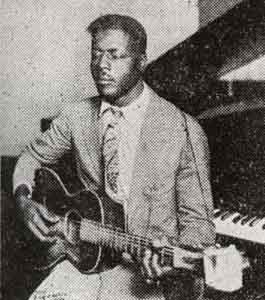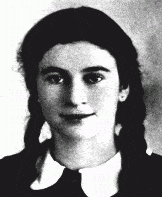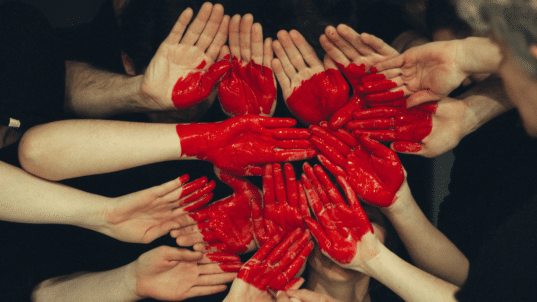
Blind Willie Johnson
Willie Johnson was born in 1897 to sharecropper parents in Texas. His father gave him a cigar box guitar when he was five. The guitar and regular church attendance were great influences on his life. It’s not clear exactly how Willie lost his vision, but the consensus view is that he was blinded at the age of seven when his stepmother splashed his eyes with lye when she was arguing with his father.
Willie became a gospel blues musician and was known as Blind Willie Johnson. His most productive period was during the Great Depression, so, as you can imagine, Blind Willie never made much money. What he did achieve was to fashion lyrics about the human experience. One of those songs, Dark was the Night, Cold was the Ground, concerned the experience of homelessness. His house burned down in 1945 and, without the money to repair it, Willie continued to live in the ruins, exposing him to the elements and, as it turns out, to malaria. Denied treatment at the local hospital, Willie passed away later that year, at the age of 48.
Johnson’s work was considered a master of the “holy blues” or gospel blues style. While Blind Willie may not be well known today, he had a great influence on other musicians. His work has been reinterpreted by the Staples Singers, Buffy Sainte-Marie, and Peter, Paul & Mary. Other musicians who have recorded his songs include Bob Dylan, Led Zeppelin, John Sebastian, and Eric Clapton. For example, you can compare Willie’s version of “It’s Nobody’s Fault but Mine” and Led Zeppelin’s reinterpretation.
In 1977, NASA’s Voyager probes were conceived in part as Earth’s outreach to intelligent life in the universe. Carl Sagan and others were asked to collect representations of life on Earth to include on the Voyager (the Voyager Golden Record). Twenty-seven songs were selected to share the voice of human experience, including Blind Willie’s Dark was the Night, Cold was the Ground. NASA consultant, Tim Ferris, explained the selection: “Johnson’s song concerns a situation he (Johnson) faced many times: nightfall with no place to sleep. Since humans appeared on Earth, the shroud of night has yet to fall without touching a man or woman in the same plight.”
The human experience is what shapes us. For some, that experience may be very protected and limited. For others the experience may be overwhelming and one of great struggle. Our perspective on life is shaped by our own human experience. How we use that experience defines us as persons. Some of the greatest breakthroughs in society have come from those whose human experiences and struggles have enriched or improved the lives of others.
Just imagine how each of us give voice to our human experience. How might we express our human experience in a way to enrich the lives of others? Just imagine thinking of each challenge we face as an opportunity for lifting the lives of others. Just imagine how a man who lived much of his life in poverty could become the voice of planet Earth to the rest of the universe. All of us have something to contribute to society. Just imagine how we can open our ears to hear the many voices, perhaps singing out from corners where we least expect them, that can teach us what it means to live a life on Earth.
* * *
“We gain strength and courage and confidence by each experience in which we really stop to look fear in the face…we must do that which we think we cannot.” – Eleanor Roosevelt.
This is part of our “Just Imagine” series of occasional posts, inviting you to join us in imagining positive possibilities for a citizen-centered democracy.


